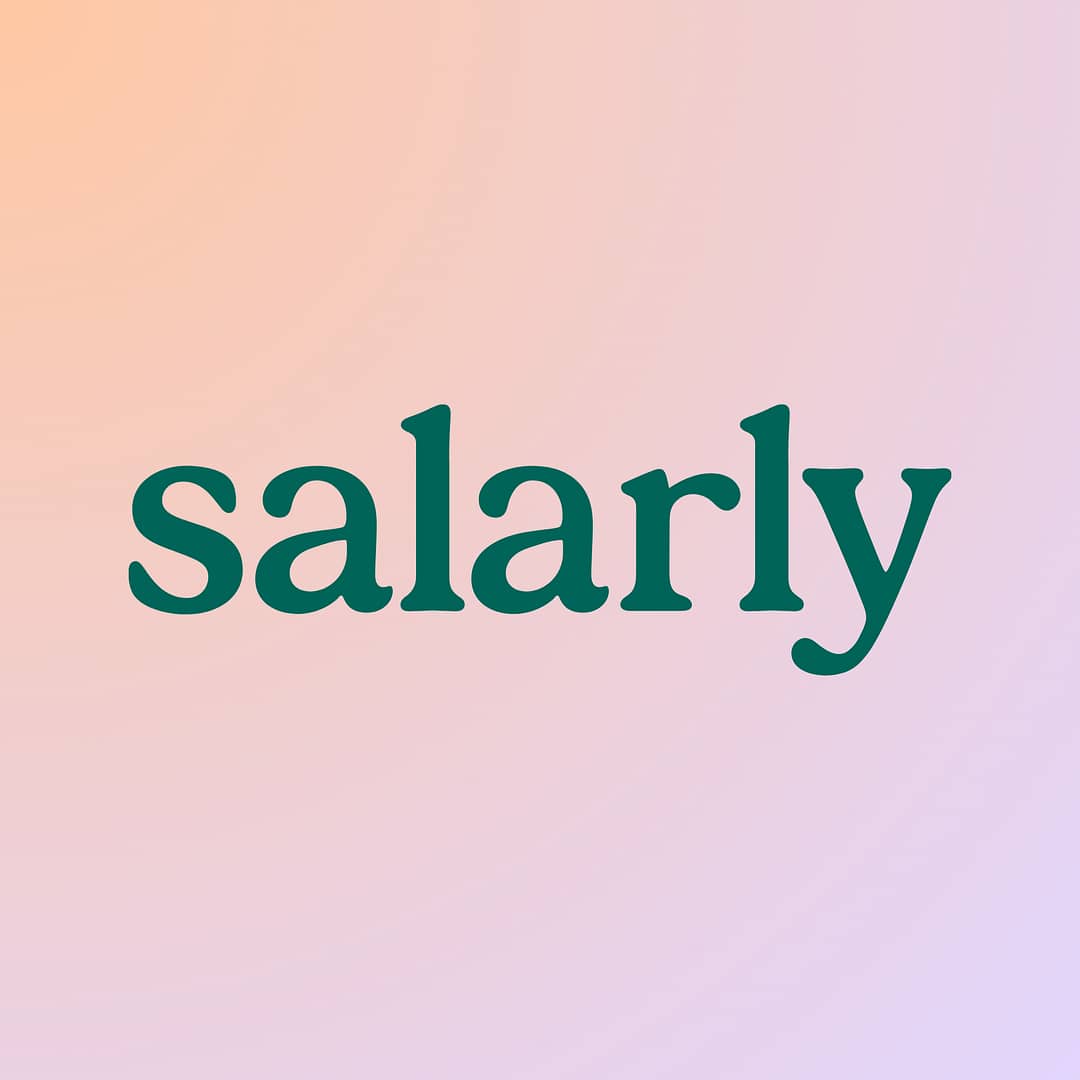It is easy to feel stuck when your income is stretched thin. You might think meaningful savings are out of reach unless you suddenly land a higher-paying job or hit a windfall. The truth is that you do not need to make a lot to build more. Embracing the “small savings big impact” mindset, change starts with small, intentional habits that, over time, deliver real results. Even small savings have big impacts on financial well-being.
Why Small Savings Can Lead to Big Impact
Saving “a little” often feels like too little. But that is where momentum lives. Here is why starting small matters:
- Builds consistency. It is easier to stick to small amounts than to set an ambitious goal and abandon it.
- Reduces stress. Even five or ten dollars set aside gives you breathing room when surprises hit. The small savings can have a big impact at those critical moments.
- Creates leverage for growth. Once saving becomes part of your routine, scaling it feels more natural.
- Frees you from reactive spending. A small cushion means you are less likely to rely on credit cards or costly debt when life throws a curveball.
When you stack small wins over weeks and months, you are really constructing a foundation. That is where the big impact hides. Adopting a “small savings big impact” strategy helps in the long run.
Practical Steps to Make Small Savings Work for You
Automate Micro-Contributions
Set up your account so that a small amount, even five or ten dollars, moves into savings each payday. You will hardly notice it, but your balance will grow.
Use Round-Up Tools
Many banks or apps let you round purchases, for example $4.20 to $5.00, and funnel the extra into savings. It is “set it and forget it.” Through this, your small amounts contribute to a big impact over time.
Start a Spare Change Jar
Designate a physical or digital jar for spare change or small amounts. Toss leftover coins, bills, or app credit into it, and move the total to savings weekly.
Redirect Windfalls Wisely
Received a bonus, tax refund, or gift? Commit a portion of it to your savings before spending the rest. This accelerates your momentum, ensuring your small savings make a big impact.
Trim One Small Expense
Do you spend a few dollars weekly on apps, subscriptions, or takeout? Cancel one small recurring expense and funnel that into your savings instead.
How Salarly Helps You Amplify Small Savings
At Salarly, our goal is to help people make smarter loan choices, not preach an impossible standard. We know that financial stress often comes when fixed expenses and high interest burdens crowd out the ability to save.
Here is how Salarly supports your financial journey:
- Predictable repayment plans. When you can forecast exactly what you owe each month, your budget becomes clearer.
- Flexible loan amount options. You choose a loan size that fits your actual need, not more.
- Transparent terms. No hidden fees or surprises, so you know what you are committing to.
- Space to save. By replacing a costly debt or emergency burden with one manageable loan, you free up room in your budget. That room can become your savings.
The idea is not that Salarly makes you wealthy, but that it helps you reclaim space in your financial life so that small savings become possible and sustainable.
FAQs on Small Savings, Big Impact
If I can only save five or ten dollars a week, does it even matter?
Yes. Consistency compounds. Even modest contributions, over time, build a cushion and reduce financial pressure.
Should I prioritize loan repayment or saving?
Ideally both. Maintain a small emergency fund while also making steady payments. That way you are protected and still making progress.
How can I stay motivated when I do not see growth right away?
Track your progress visually with a chart or goal tracker. Celebrate small wins. Remind yourself that you are building habits and that compounding takes time.
When should I consider a loan to help?
When high interest debt or urgent needs block your ability to save. Use a loan thoughtfully with clear repayment terms to replace burdensome obligations and open room in your budget.











